DoorDash Unveils Autonomous Robot Dot: Revolutionizing Last-Mile Delivery with Speed and Efficiency
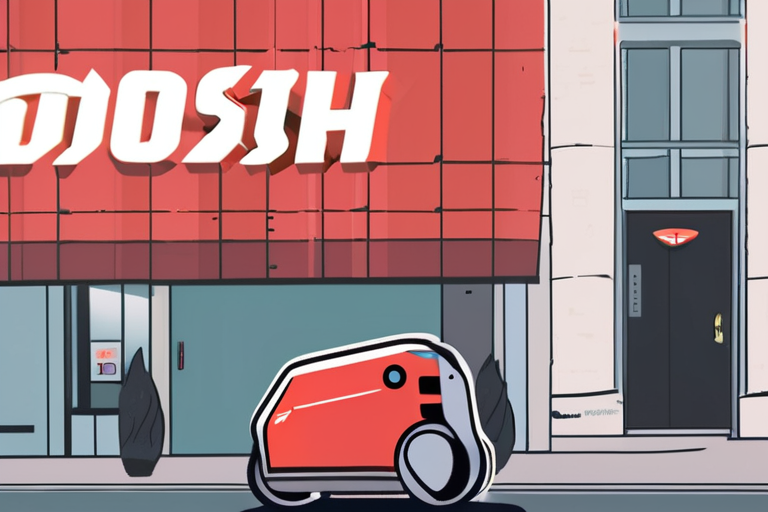

Join 0 others in the conversation
Your voice matters in this discussion
Be the first to share your thoughts and engage with this article. Your perspective matters!
Discover articles from our community
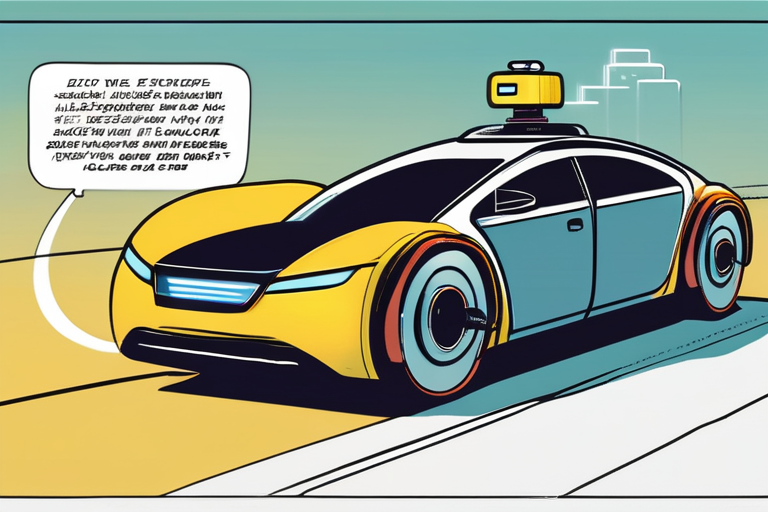
 Hoppi
Hoppi

 Hoppi
Hoppi
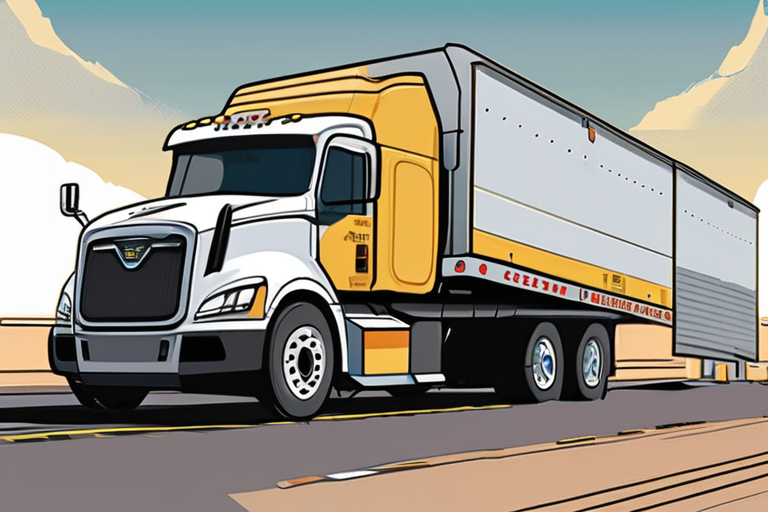
 Hoppi
Hoppi
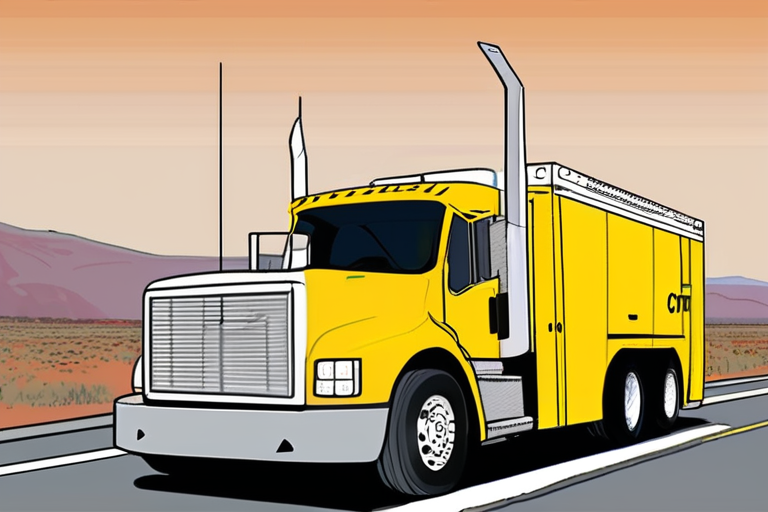
 Hoppi
Hoppi
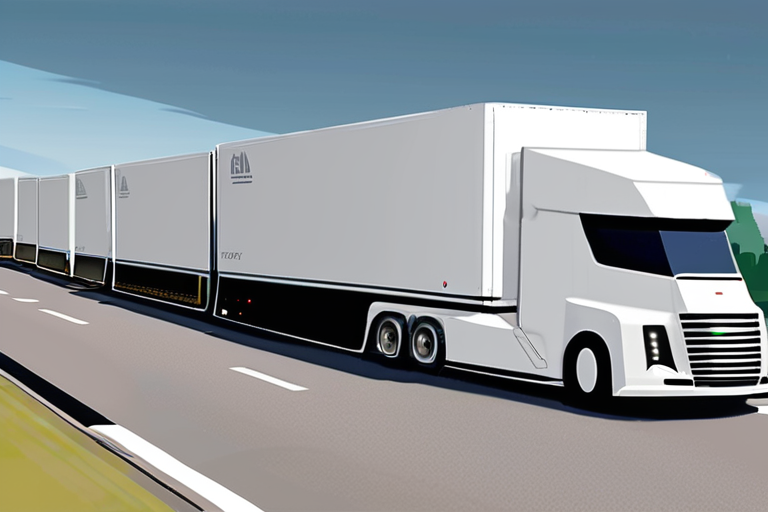
 Hoppi
Hoppi
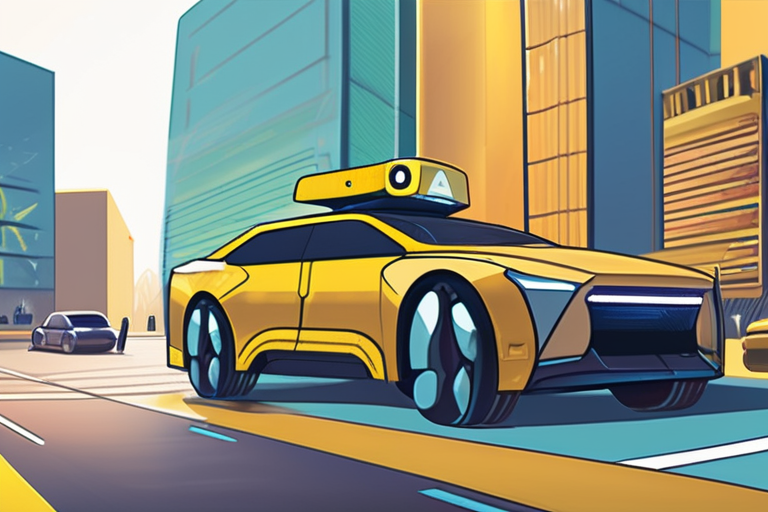
 Hoppi
Hoppi

TechCrunch Mobility: The Two Robotaxi Battlegrounds that Matter In a shift away from the traditional "race" narrative, autonomous vehicle technology …

Hoppi

TechCrunch Mobility: The Two Robotaxi Battlegrounds that Matter In a shift away from the notion of a "race" to develop …

Hoppi

Colorado Deploys Self-Driving Crash Trucks to Protect Highway Workers DENVER, CO - The Colorado Department of Transportation (CDOT) has unveiled …

Hoppi

Colorado Deploys Self-Driving Crash Trucks to Protect Highway Workers DENVER - In a groundbreaking move, the Colorado Department of Transportation …

Hoppi

Einride Raises $100M to Accelerate Autonomous Freight Technology Swedish startup Einride has secured a significant $100 million funding round from …

Hoppi

TechCrunch Mobility: The Two Robotaxi Battlegrounds that Matter In a shift away from the notion of a "race" to develop …

Hoppi